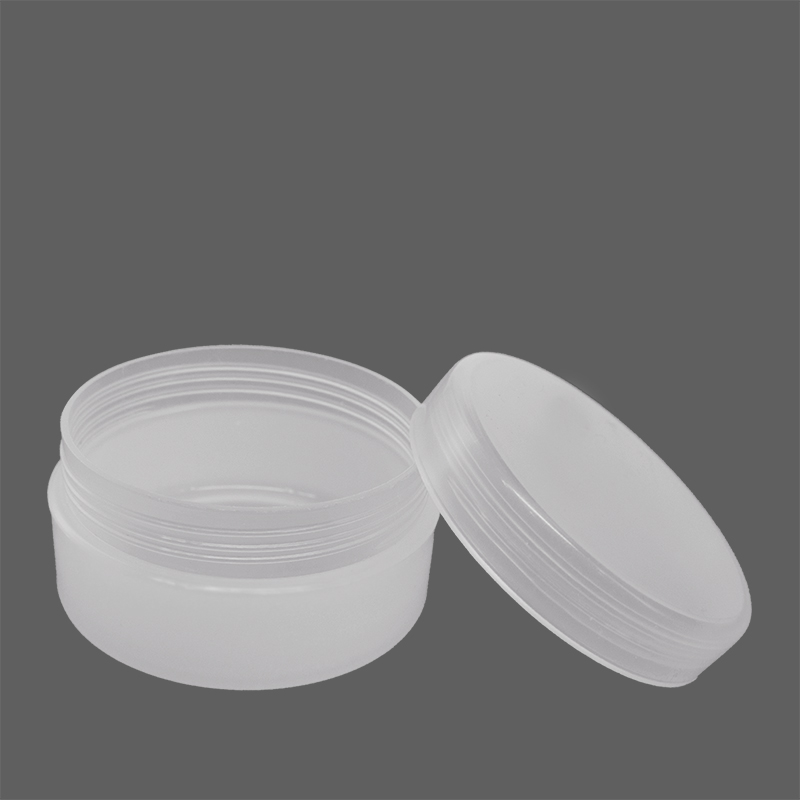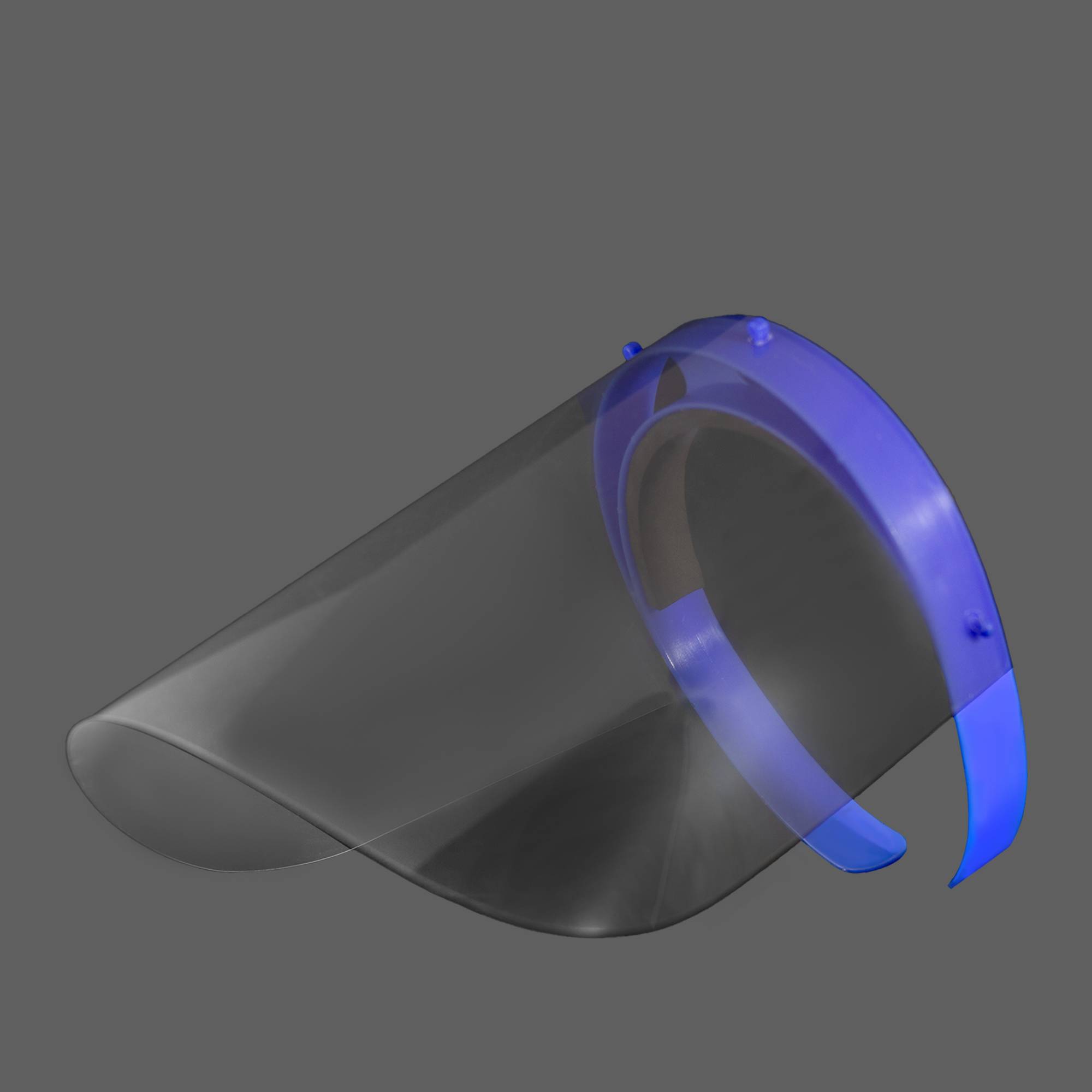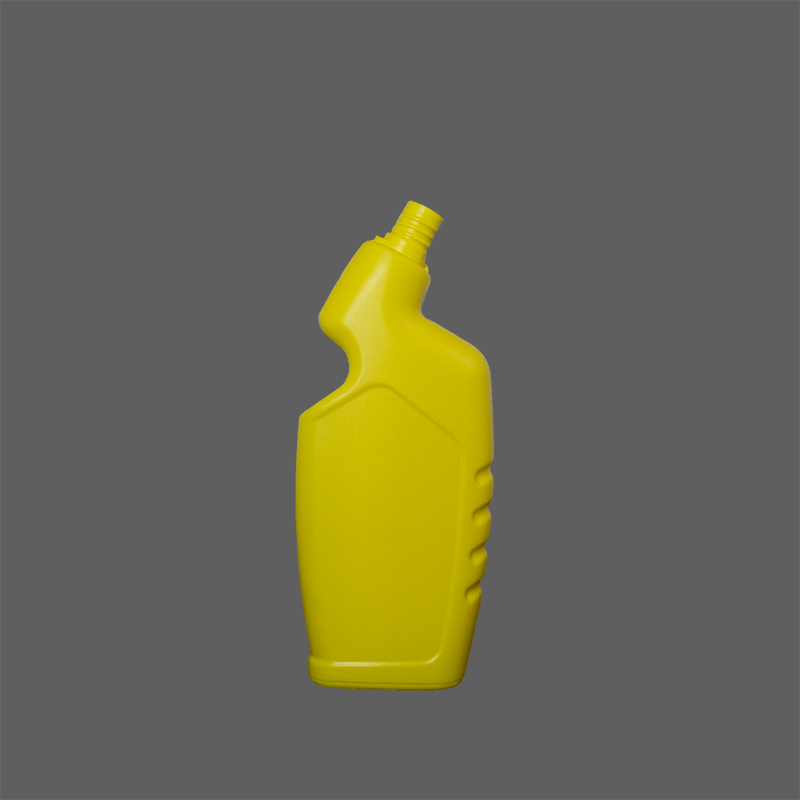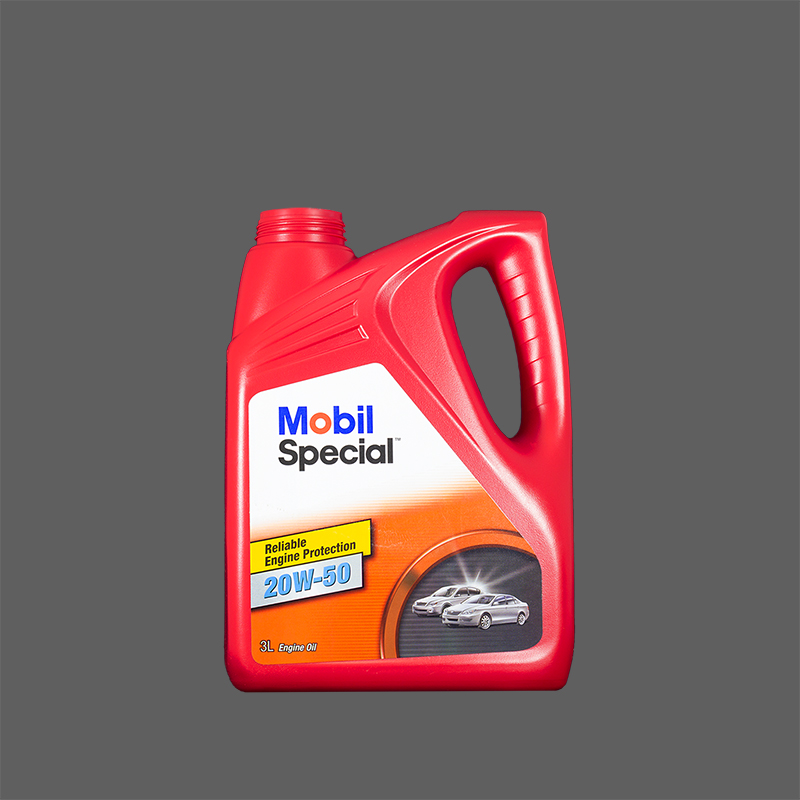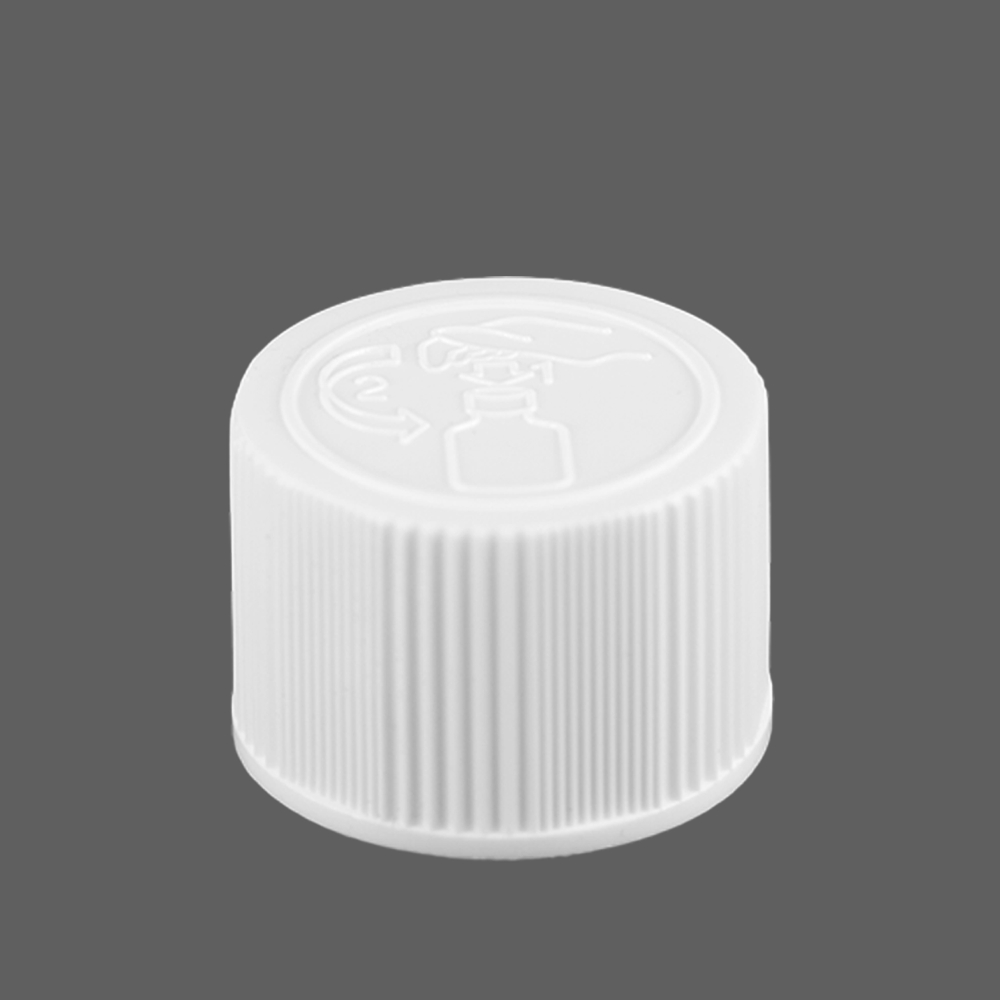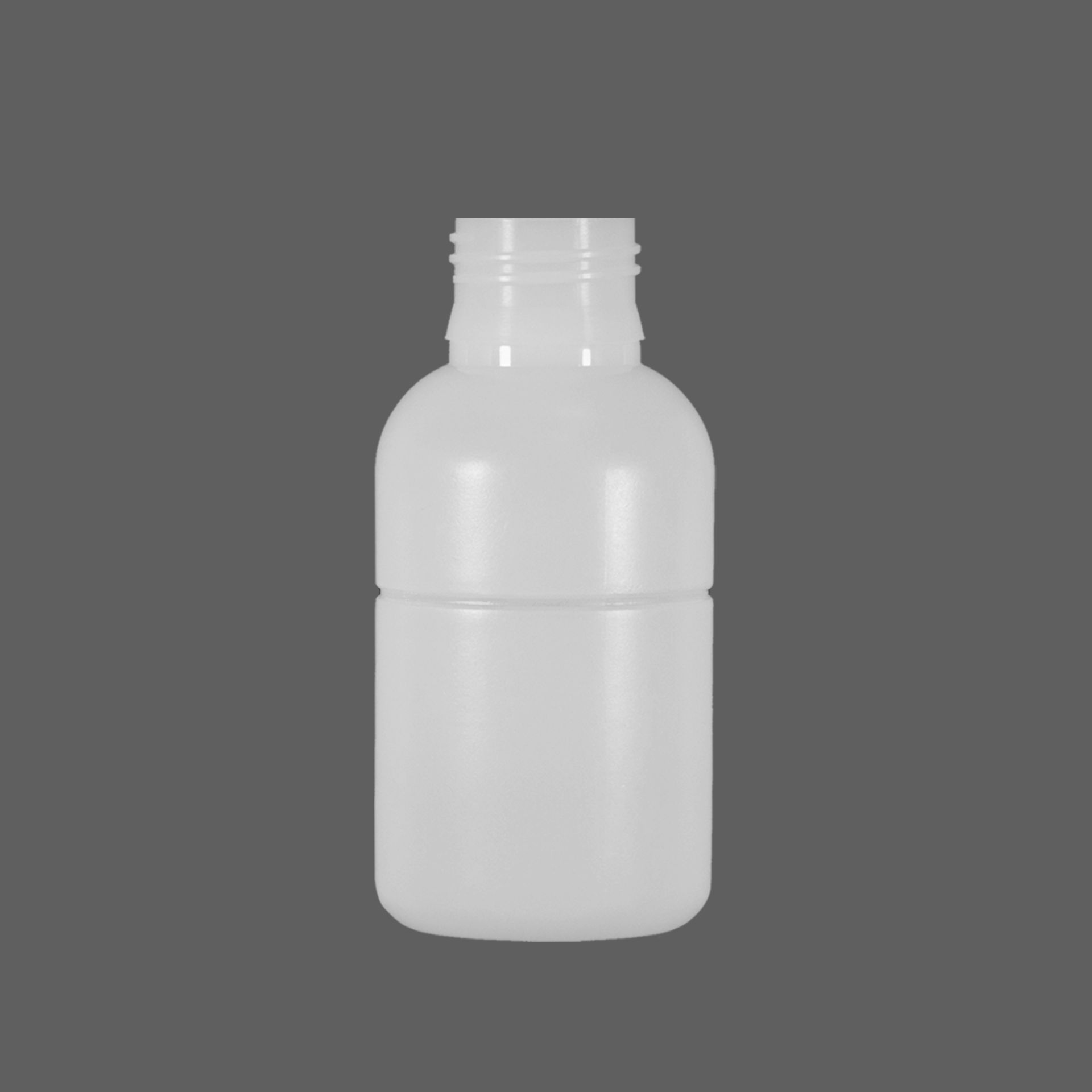Key Considerations When Selecting Plastic Bottle Manufacturers
Packaging has become more than just a protective shell for your products; it’s often the first interaction your customers have with your brand. And when it comes to premium packaging, the numbers don’t lie – a whopping 61% of customers are more likely to buy a luxury product if it comes in top-notch packaging. Plus, 41% of buyers are willing to shell out a little extra for products that are beautifully packaged.
So, if you’re looking to make a lasting impression and meet the expectations of discerning shoppers, you need premium plastic bottles for your business. This guide will provide detailed insights on how you can find the right plastic bottle manufacturers for your business. Let’s dive in!
12 Factors to Consider When Researching FMCG Bottles Manufacturers
As a business owner, choosing the right plastic bottle manufacturer is a crucial decision that can impact the quality, cost, and success of your products. Here are some key considerations to keep in mind when selecting plastic bottle manufacturers.
1. Quality Assurance and Certifications
The first and foremost consideration when choosing a plastic bottle manufacturer is the quality of their products. You want bottles that are durable, safe for use with your specific product, and compliant with industry standards and regulations. Look for manufacturers like MediPlas that have certifications such as ISO 9001 for quality management and ISO 22000 for food safety. Additionally, check if they meet the FDA (Food and Drug Administration) or other relevant regulatory requirements if your products are intended for consumption.
2. Material Selection
Plastic bottles can be made from various materials, including PET (polyethylene terephthalate), HDPE (high-density polyethylene), LDPE (low-density polyethylene), and more. The choice of material depends on factors like the type of product you’re packaging, its shelf life, and environmental considerations. Ensure the manufacturer can provide the specific material you need and has experience working with it.
3. Customization Options
Depending on your branding and product requirements, you may need customized plastic bottles. Consider whether the manufacturer offers a range of customization options, including different shapes, sizes, colors, and labeling capabilities. Customization can help your product stand out on the shelves and align with your brand identity.
One of the best techniques for customized and cost-effective plastic bottle production is injection molding. This method facilitates faster production, with the ability to yield more products in less time compared to other methods. The process’s precision ensures consistent product quality, reducing the likelihood of defects.
Automation reduces labor costs, while efficient design and precision minimize material wastage, making it a cost-effective manufacturing method. Injection molding’s ability to achieve tight tolerances and complex geometries further reduces rework, resulting in shorter lead times. These factors collectively provide a competitive advantage by enhancing efficiency and competitiveness in the market.
The process involves six main steps, including:
- Clamping: Secure the mold halves in the injection molding
- Injection: Melt plastic material and inject it into the mold cavity.
- Cooling: Allow the material to cool and solidify within the mold.
- Ejection: Release the molded part from the mold.
- Post-processing: Trim excess material and inspect for defects.
- Repeat: The process is repeated for each cycle.
4. Production Capacity and Lead Times
Your chosen manufacturer should have the production capacity to meet your demand. Inquire about their lead times and whether they can accommodate rush orders if needed. Consistency in supply is crucial to maintaining your production schedules and meeting customer demand.
5. Cost and Pricing Structure
Cost is a significant factor when selecting a plastic bottle manufacturer. Request detailed quotes that include not only the cost of the bottles but also any additional charges such as setup fees, tooling costs, and shipping expenses. Additionally, inquire about volume discounts for larger orders to optimize your production costs.
6. Environmental Sustainability
With growing concerns about plastic waste and environmental impact, consider a manufacturer’s commitment to sustainability. Look for manufacturers that offer eco-friendly options, such as recycled materials or the ability to recycle their products. A sustainable approach can enhance your brand’s image and appeal to environmentally conscious consumers.
7. Quality Control and Testing
Ensure that the manufacturer has robust quality control processes in place to identify and address any defects or issues during production. Request information about their testing procedures and whether they conduct quality checks at various stages of manufacturing. This helps guarantee that your bottles meet the required specifications.
8. Technical Support and Expertise
A reputable plastic bottle manufacturer should provide technical support and expertise throughout the production process. They should be able to advise you on design considerations, material selection, and any potential challenges that may arise during production. Effective communication with their technical team is essential for a successful partnership.
9. Reputation and References
Research the manufacturer’s reputation in the industry. Seek out customer reviews and ask for references from previous clients. A manufacturer with a positive track record is more likely to provide a reliable and satisfactory experience.
10. Geographic Location
Consider the geographic location of the manufacturer in relation to your own facilities or distribution centers. A manufacturer located closer to your operations can reduce shipping costs and lead times, making the supply chain more efficient. For instance, selecting plastic bottle manufacturers in Karachi can be ideal for businesses due to the city’s strategic location.
11. Flexibility and Adaptability
Market conditions can change, and your product requirements may evolve. Choose a manufacturer that can adapt to your changing needs, whether it’s scaling up production or accommodating design modifications.
12. Communication and Collaboration
Clear communication is vital for a successful partnership. Choose a manufacturer that values collaboration and is responsive to your inquiries and feedback. Effective communication can help avoid misunderstandings and ensure that your expectations are met.
What Products Do Plastic Bottle Manufacturers Create?
Plastic bottle manufacturers produce a wide range of products designed to meet the packaging needs of businesses and consumers. These manufacturers utilize various plastic materials, innovative design techniques, and advanced manufacturing processes to create functional packaging solutions. Here are a few examples of what a plastic bottle manufacturer can create for your business.
1. Beverage Containers
One of the most common and recognizable products created by plastic bottle manufacturers is beverage containers. These containers come in various shapes and sizes, catering to the diverse needs of the beverage industry. Plastic bottles used for beverages are typically made from materials like PET (polyethylene terephthalate) and HDPE (high-density polyethylene). They are designed to be lightweight, durable, and easy to transport. These bottles can be found housing water, soft drinks, juices, energy drinks, and more.
2. Personal Care Products
Plastic bottles are a popular choice for packaging personal care products, such as shampoo, conditioner, body wash, lotion, and hand sanitizer. Manufacturers design these bottles with convenient features like pump dispensers, flip-top caps, and spray nozzles for ease of use. The versatility of plastic allows for creative and eye-catching designs to attract consumers.
3. Cleaning and Household Products
Household cleaning products often come in plastic bottles due to their resistance to chemical degradation. Plastic bottle manufacturers produce containers for a wide range of cleaning solutions, including dish soap, laundry detergent, surface cleaners, and disinfectants. These bottles are designed to provide easy access to the product while ensuring safety and convenience.
4. Pharmaceutical Packaging
Pharmaceutical companies rely on plastic bottle manufacturers to create packaging solutions for various medications. These bottles must meet stringent quality and safety standards to ensure the integrity of the medications they contain. They are designed to be tamper-evident and child-resistant, with precise dosing mechanisms to help patients take their medications accurately.
5. Food Packaging
Plastic bottles are commonly used for food products, such as condiments, salad dressings, cooking oils, and syrups. Manufacturers in the food industry appreciate the versatility of plastic bottles, which can be designed to meet specific requirements, such as UV protection for light-sensitive products or squeezable designs for easy dispensing.
6. Agricultural and Horticultural Products
Agricultural and horticultural industries rely on plastic bottles for packaging fertilizers, pesticides, herbicides, and other agricultural chemicals. These bottles are designed to withstand exposure to chemicals and harsh environmental conditions, ensuring the safe storage and application of these products.
7. Industrial and Chemical Containers
Plastic bottle manufacturers also create containers for industrial and chemical applications. These containers may store chemicals, lubricants, solvents, and other substances used in manufacturing processes. They are engineered to resist corrosion and leakage while ensuring the safe handling of hazardous materials.
8. Dry Powder Inhalers (DPIs)
One of the noteworthy and innovative products that plastic bottle manufacturers have contributed to the healthcare industry is the dry powder inhaler (DPI). DPIs are devices used to administer powdered medications to individuals with respiratory conditions, such as asthma and chronic obstructive pulmonary disease (COPD).
DPIs consist of two primary components: the inhaler device itself and a blister or capsule containing the powdered medication. The plastic bottle manufacturer’s role in DPI production primarily revolves around the creation of the blister packaging.
These devices offer several benefits of dry powder inhalers over other types, including the following:
- No Propellants: DPIs don’t require propellants, making them environmentally friendly.
- Portability: They’re compact and portable, ideal for on-the-go use.
- Longer Shelf Life: DPIs have a longer shelf life compared to aerosol inhalers.
- No Coordination Required: Users don’t need to coordinate inhalation with actuation, making them suitable for various age groups.
- Reduced Risk of Irritation: DPIs often cause less irritation in the throat and mouth compared to some other inhaler types.
Dry Powder Inhaler Blister Packaging Requirements
Precision in dry powder inhaler manufacturing is paramount, as these devices deliver medication directly to the lungs. Any variation in the device’s design, the size of powdered particles, or dosing accuracy can impact the efficacy of treatment. Precisely manufactured DPIs ensure patients receive the correct medication dosage, optimizing therapeutic outcomes and minimizing potential side effects.
If you’re looking for a manufacturer that specializes in dry powder inhalers, consider the following:
- Material Selection: DPI blister packaging is typically made from plastic materials that provide a barrier to moisture and protect the medication from environmental factors. The chosen plastic must also be compatible with the medication to prevent degradation.
- Precision Manufacturing: Plastic bottle manufacturers use advanced manufacturing techniques to produce blister packs with precise dimensions and consistent quality. This ensures that the blister packs fit seamlessly into the inhaler device and that each dose contains the correct amount of medication.
The injection molding technique is amongst the top-notch approaches for precise manufacturing. Injection molding is a manufacturing process where the molten plastic material is injected into a mold cavity, allowing it to cool and solidify into the desired shape.
However, the process must be handled with the utmost expertise to ensure consistency, quality control, and accurate replication of intricate blister pack shapes.
Moreover, reliable molding equipment plays a pivotal role in ensuring consistent product quality. It underpins the manufacturing process’s stability, producing plastic bottles with uniform dimensions, structural integrity, and aesthetics. This reliability is vital to meet industry standards, avoid defects, and guarantee consumer satisfaction.
Thermoplastics, owing to their material properties, are well-suited for various bottle applications. Their ability to melt and reshape allows for customization in design, size, and functionality, making them ideal for packaging a wide array of products, from beverages to pharmaceuticals. Thermoplastics also offer durability, chemical resistance, and cost-effectiveness, making them a go-to choice for manufacturers seeking performance and adaptability in their bottle designs.
- Tamper-Evident Design: For safety and regulatory compliance, DPI blister packaging often features tamper-evident seals to indicate whether the package has been opened or tampered with.
- Child-Resistant Features: To prevent accidental ingestion by children, DPI blister packaging may incorporate child-resistant mechanisms.
- Patient Convenience: Manufacturers design DPI blister packs to be user-friendly, with easy-to-peel backing and clear labeling to help patients identify the correct dosage.
DPI blister packaging represents a critical component in the effectiveness of dry powder inhalers. It ensures the accurate and hygienic delivery of medications to patients, helping them manage respiratory conditions more effectively.
The Bottom Line :
Choosing the right plastic bottle manufacturer is a critical decision that impacts product quality, cost, and brand reputation. Key considerations such as quality assurance, customization options, sustainability, and effective communication should guide this choice. Making an informed decision ensures a successful and sustainable partnership in the dynamic world of plastic bottle manufacturing.
If you’re looking for a dependable manufacturer with local expertise in plastic bottle manufacturing, explore Mediplas Innovations. Our experts abide by quality standards and deliver top-notch products that are tailored to your business’s needs.
